Even before Diwali, air pollution has reached the dangerous category in most states of North India.
You must have seen that at this time, more discussion is being carried out about firecrackers and air pollution caused by them in the whole country. There is a debate in different courts of the country whether there should be a partial ban on firecrackers or a complete ban. If we conclude the judgments of all the courts on this issue, it is that wherever the air quality is poor or even in the normal category, the use of firecrackers cannot be allowed only in view of the festival of Diwali. And we don't mind either. If only crackers are the cause of pollution, then they must be banned. But here we also have a question. The festival of Diwali has not arrived yet. The whole country will celebrate Diwali tomorrow. But 24 hours before this, air pollution has reached the dangerous category in most states of North India. Talking about Delhi alone, Air Quality Index 213 was recorded here today.
The air quality is considered poor if the AQI is between 200 and 250. Since neither Diwali has come yet nor crackers have been burst, then where did this pollution come from? If firecrackers are the major cause of pollution and the attention of all the courts is on this, then how did the air of North India become so much polluted in the last one week? The first reason among these is the stubble burning by the farmers. At present, 40 per cent of the pollution in Delhi's air is due to stubble, 28 per cent is due to vehicles, and about 30 per cent is due to construction.
It's not that these reasons weren't there before. Last year also on November 3, pollution in Delhi was at a dangerous level and the share of stubble in this pollution was around 50 per cent. That is, if the courts of our country give as much emphasis on the pollution caused by firecrackers, if the same emphasis was given on stopping the burning of stubble, then perhaps the air of North India would have been a little cleaner today. But the truth is that as soon as the festival of Diwali comes, everyone starts worrying about firecrackers, but no one talks about the pollution caused by stubble.
Although the central government had brought an ordinance last year, under which a maximum fine of one crore rupees was imposed on the people who burnt the stubble, but the farmers sitting on the borders of Delhi pressurised the government to exempt them from this law and the central government also accepted this. The point to be noted in this is that the Supreme Court did not take any suo motu cognizance of it then. Whereas if the government had taken such a decision in the case of firecrackers, then perhaps the hearing in the courts would have started the next day itself.
It is also a strange irony that in our country when firecrackers are burst on the victory of Pakistan, the idea of expression is in the smoke of these firecrackers. But when it comes to bursting crackers on Diwali, the smoke from these crackers takes a communal form. And this does not happen on any one Hindu festival. A campaign is started on all Hindu festivals, in which the traditions associated with the festival are challenged in the name of social change.
Like on Holi, it is said that this time do not waste water and use only organic colours. It is said on Diwali not to burst crackers as it causes pollution. Slogans like Eco-Friendly Diwali are given. An appeal is made on Ganesh Chaturthi that people should bring eco-friendly idols to their homes so that the seawater is not contaminated during immersion. The festival of Navratri is associated with crimes against women. And some people run their agenda under its guise. And a similar campaign is also run on the festival of Rakhi.
But have you seen any such campaign against the festivals of other religions? Is there a debate on the sacrifice of animals on Eid, just as a debate starts on the use of firecrackers in the country before Diwali? Whereas according to a study by the National Academy of Sciences of America, one of the reasons for pollution is killing animals. But the courts of our country review the pollution caused by firecrackers before Diwali but there is no mention of such issues before Eid.
Nowadays, another new campaign has started on all these festivals, in which people are asked to give chocolates instead of sweets. Think of the country where there is a tradition of making Gujiya in homes on Holi, on Diwali people make different sweets of gram flour and dry fruits, Modaks are prepared on Ganesh Chaturthi, on these festivals in that country, people are told that by not eating sweets, this time they should eat chocolate. And many people of our country also get affected by this kind of campaign.
But our question is again the same. Have you heard anyone saying on the festival of Eid that this time, eat chocolates instead of seviyan or on Christmas festival one should celebrate by eating chocolate instead of cake? We believe that all religions have different traditions related to festivals and all these traditions should be respected equally. Just like Eid is incomplete without sevaiyans, Christmas is incomplete without cakes, similarly, the festivals of Holi and Diwali are also incomplete without sweets.
It may be that today, some people do not like these things of ours. And they may accuse us of being communal. But the truth is that we are telling you the same things which are happening in this country nowadays. But the problem is that no one has the courage to raise their voice on this.
![submenu-img]() Meet actress, Dilip Kumar, Amitabh's heroine who slapped Sanjeev Kumar, filed case against her mom, is related to...
Meet actress, Dilip Kumar, Amitabh's heroine who slapped Sanjeev Kumar, filed case against her mom, is related to...![submenu-img]() IND vs BAN, 1st T20I Dream11 prediction: Fantasy cricket tips for India vs Bangladesh
IND vs BAN, 1st T20I Dream11 prediction: Fantasy cricket tips for India vs Bangladesh![submenu-img]() Zomato CEO Deepinder Goyal reveals he was ‘kicked out’ of Shark Tank India season 4 by…
Zomato CEO Deepinder Goyal reveals he was ‘kicked out’ of Shark Tank India season 4 by…![submenu-img]() Harsh Goenka shares three lessons for success he learnt from Mukesh Ambani, says, 'I have always...'
Harsh Goenka shares three lessons for success he learnt from Mukesh Ambani, says, 'I have always...'![submenu-img]() Nagarjuna Akkineni in trouble? Complaint filed against Telugu star over Hyderabad's Convention centre
Nagarjuna Akkineni in trouble? Complaint filed against Telugu star over Hyderabad's Convention centre![submenu-img]() Haryana Exit Poll: विनेश फोगाट की सीट पर बंपर वोटिंग, जानें एक्जिट पोल में किसे मिल रही बढ़त?
Haryana Exit Poll: विनेश फोगाट की सीट पर बंपर वोटिंग, जानें एक्जिट पोल में किसे मिल रही बढ़त?![submenu-img]() Weather Update: Delhi-NCR में जारी है गर्मी का कहर, यूपी-बिहार का भी हाल बेहाल, जानिए नॉर्थ ईस्ट को लेकर मौसम विभाग ने क्या कहा
Weather Update: Delhi-NCR में जारी है गर्मी का कहर, यूपी-बिहार का भी हाल बेहाल, जानिए नॉर्थ ईस्ट को लेकर मौसम विभाग ने क्या कहा![submenu-img]() Kolkata Rape-Murder Case: ममता सरकार के खिलाफ शुरू हुआ जूनियर डॉक्टरों का आमरण अनशन, लगाए ये आरोप
Kolkata Rape-Murder Case: ममता सरकार के खिलाफ शुरू हुआ जूनियर डॉक्टरों का आमरण अनशन, लगाए ये आरोप![submenu-img]() Navratri 2024: वेश्याओं के घर की मिट्टी से क्यों बनाई जाती है देवी दुर्गा की मूर्ति?
Navratri 2024: वेश्याओं के घर की मिट्टी से क्यों बनाई जाती है देवी दुर्गा की मूर्ति?![submenu-img]() एक्स वाइफ Reena Dutta के पिता को Aamir Khan ने दी श्रद्धांजलि, इमरान खान-जुनैद भी आए �साथ नजर
एक्स वाइफ Reena Dutta के पिता को Aamir Khan ने दी श्रद्धांजलि, इमरान खान-जुनैद भी आए �साथ नजर![submenu-img]() This company overtakes Ratan Tata's firm to become India’s…; it is owned by…
This company overtakes Ratan Tata's firm to become India’s…; it is owned by…![submenu-img]() Mahindra Thar ROXX booking to start from..., check waiting period, details
Mahindra Thar ROXX booking to start from..., check waiting period, details![submenu-img]() BMW launches CE 02 electric scooter in India; price starts at Rs…
BMW launches CE 02 electric scooter in India; price starts at Rs…![submenu-img]() Mahindra Thar Roxx 4x4 prices revealed, starts at Rs…
Mahindra Thar Roxx 4x4 prices revealed, starts at Rs…![submenu-img]() Sebi gives nod to Hyundai India's Rs 20,000 crore IPO, listing month is...
Sebi gives nod to Hyundai India's Rs 20,000 crore IPO, listing month is...![submenu-img]() Meet woman, who failed in four UPSC prelims, missed interview, got panic attack, then finally became...
Meet woman, who failed in four UPSC prelims, missed interview, got panic attack, then finally became...![submenu-img]() Meet IIT graduate, who didn't settle for IPS posting, cracked UPSC exam twice to become...
Meet IIT graduate, who didn't settle for IPS posting, cracked UPSC exam twice to become...![submenu-img]() Meet IIT-JEE topper with 355 marks in JEE Advanced, whose father works at Mukesh Ambani's Reliance Jio, aims to join..
Meet IIT-JEE topper with 355 marks in JEE Advanced, whose father works at Mukesh Ambani's Reliance Jio, aims to join..![submenu-img]() Meet woman who begged in childhood, became doctor after 20 years of struggle, now she is...
Meet woman who begged in childhood, became doctor after 20 years of struggle, now she is...![submenu-img]() Meet man, who left govt job as Assistant Excise Officer, used to get Rs 50000000, now works as...
Meet man, who left govt job as Assistant Excise Officer, used to get Rs 50000000, now works as...![submenu-img]() After Hassan Nasrallah's Death, This Cleric Is Now Tipped To Be Hezbollah Leader | Israel | Lebanon
After Hassan Nasrallah's Death, This Cleric Is Now Tipped To Be Hezbollah Leader | Israel | Lebanon![submenu-img]() Hashem Safieddine, Cousin Of Hassan Nasrallah To Become Hezbollah's New Chief | Israel-Lebanon War
Hashem Safieddine, Cousin Of Hassan Nasrallah To Become Hezbollah's New Chief | Israel-Lebanon War![submenu-img]() Israel Hezbollah War: Nasrallah's Death, A Turning Point for Hezbollah's Future? Experts Explain
Israel Hezbollah War: Nasrallah's Death, A Turning Point for Hezbollah's Future? Experts Explain![submenu-img]() Israel Hezbollah War: Hassan Nasrallah's Death Leads To Protests In J&K, Ex-CM Mehbooba Mufti Reacts
Israel Hezbollah War: Hassan Nasrallah's Death Leads To Protests In J&K, Ex-CM Mehbooba Mufti Reacts![submenu-img]() Israel Hezbollah War: Nasrallah's Death Leads To Protest By Women & Children In Jammu And Kashmir
Israel Hezbollah War: Nasrallah's Death Leads To Protest By Women & Children In Jammu And Kashmir![submenu-img]() BIG boost for Mukesh Ambani's Jio Financial Services, to challenge ICICI, SBI bank as his company gets SEBI nod for...
BIG boost for Mukesh Ambani's Jio Financial Services, to challenge ICICI, SBI bank as his company gets SEBI nod for...![submenu-img]() Anil Ambani-led company's total debt stands at Rs 40413 crore but...
Anil Ambani-led company's total debt stands at Rs 40413 crore but...![submenu-img]() These siblings overtake Gautam Adani in billionaires list, combined net worth more than Elon Musk, they are…
These siblings overtake Gautam Adani in billionaires list, combined net worth more than Elon Musk, they are…![submenu-img]() Meet wife of famous Indian cricketer, who cracked CS exam, now earns crores by selling cakes, her net worth is...
Meet wife of famous Indian cricketer, who cracked CS exam, now earns crores by selling cakes, her net worth is...![submenu-img]() Success story in every spray: How Toxic Male Perfume captured India's heart and market
Success story in every spray: How Toxic Male Perfume captured India's heart and market![submenu-img]() 10 Aabha Paul photos and videos that rule Instagram
10 Aabha Paul photos and videos that rule Instagram![submenu-img]() India’s most expensive cars and their owners
India’s most expensive cars and their owners![submenu-img]() Who is IIT professor Chetan Solanki aka 'Solar Gandhi'who went viral for his torn socks?
Who is IIT professor Chetan Solanki aka 'Solar Gandhi'who went viral for his torn socks?![submenu-img]() Bigg Boss 18: Step into cave-hotel themed BB house with 107 cameras, luxurious bathroom, scary jail, spacious bedroom
Bigg Boss 18: Step into cave-hotel themed BB house with 107 cameras, luxurious bathroom, scary jail, spacious bedroom![submenu-img]() All about Anupama Parameswaran, who played simpleton in debut film, became famous for bold scenes, dated..
All about Anupama Parameswaran, who played simpleton in debut film, became famous for bold scenes, dated..![submenu-img]() J-K Elections 2024: Exit polls give edge to Congress-NC alliance, BJP likely to win…
J-K Elections 2024: Exit polls give edge to Congress-NC alliance, BJP likely to win…![submenu-img]() Haryana Exit Poll Results 2024: Pollsters predict major win for Congress, setback for BJP
Haryana Exit Poll Results 2024: Pollsters predict major win for Congress, setback for BJP![submenu-img]() Former cricketer and actor Salil Ankola's mother found dead, police say injury...
Former cricketer and actor Salil Ankola's mother found dead, police say injury...![submenu-img]() NCRTC kicks off trial runs of Namo Bharat trains on Sahibabad-New Ashok Nagar route: Check speed, timings and distance
NCRTC kicks off trial runs of Namo Bharat trains on Sahibabad-New Ashok Nagar route: Check speed, timings and distance![submenu-img]() 'Gave up arms, adopted Gandhian way of...': Separatist Yasin Malik in court
'Gave up arms, adopted Gandhian way of...': Separatist Yasin Malik in court
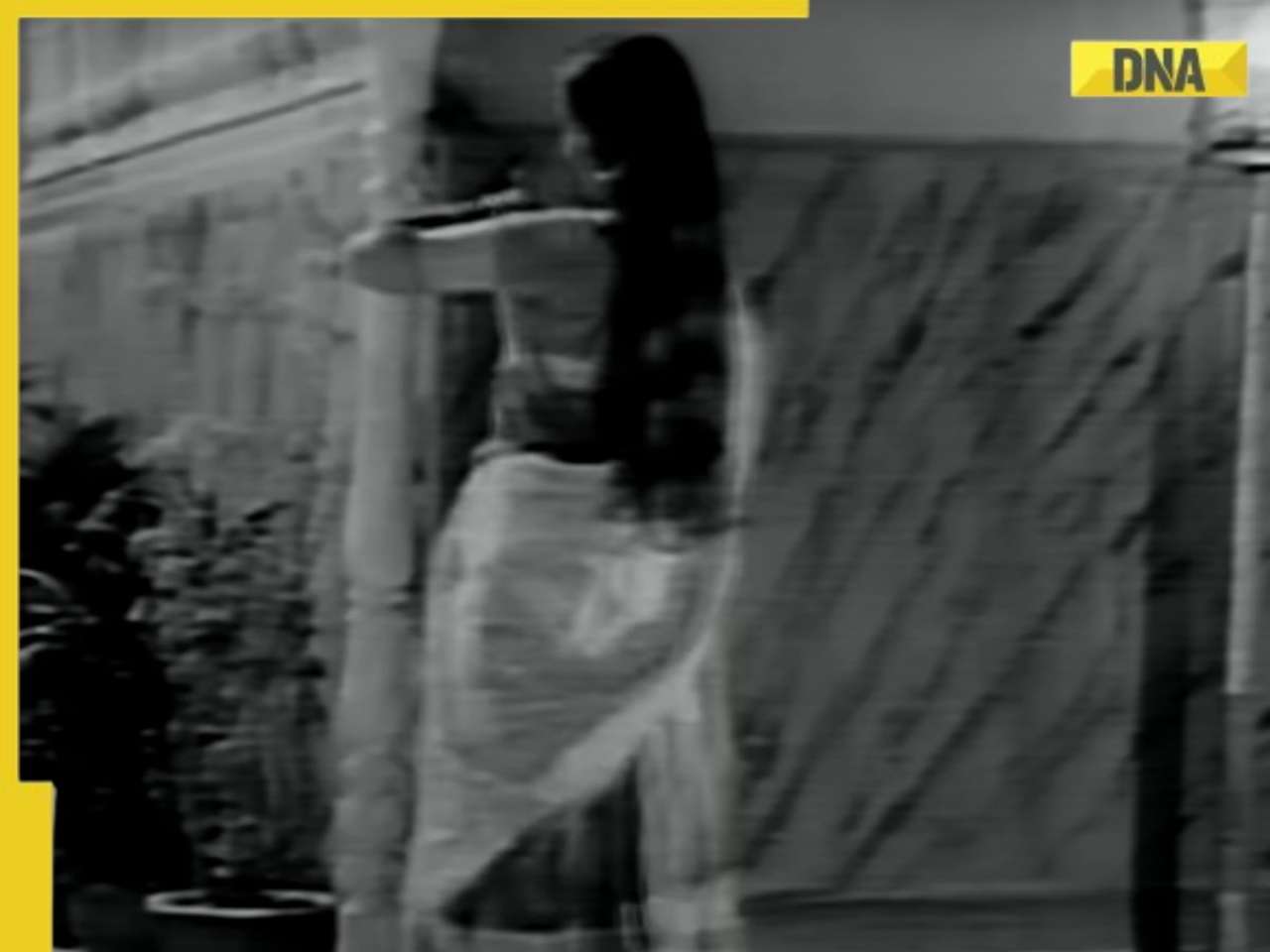
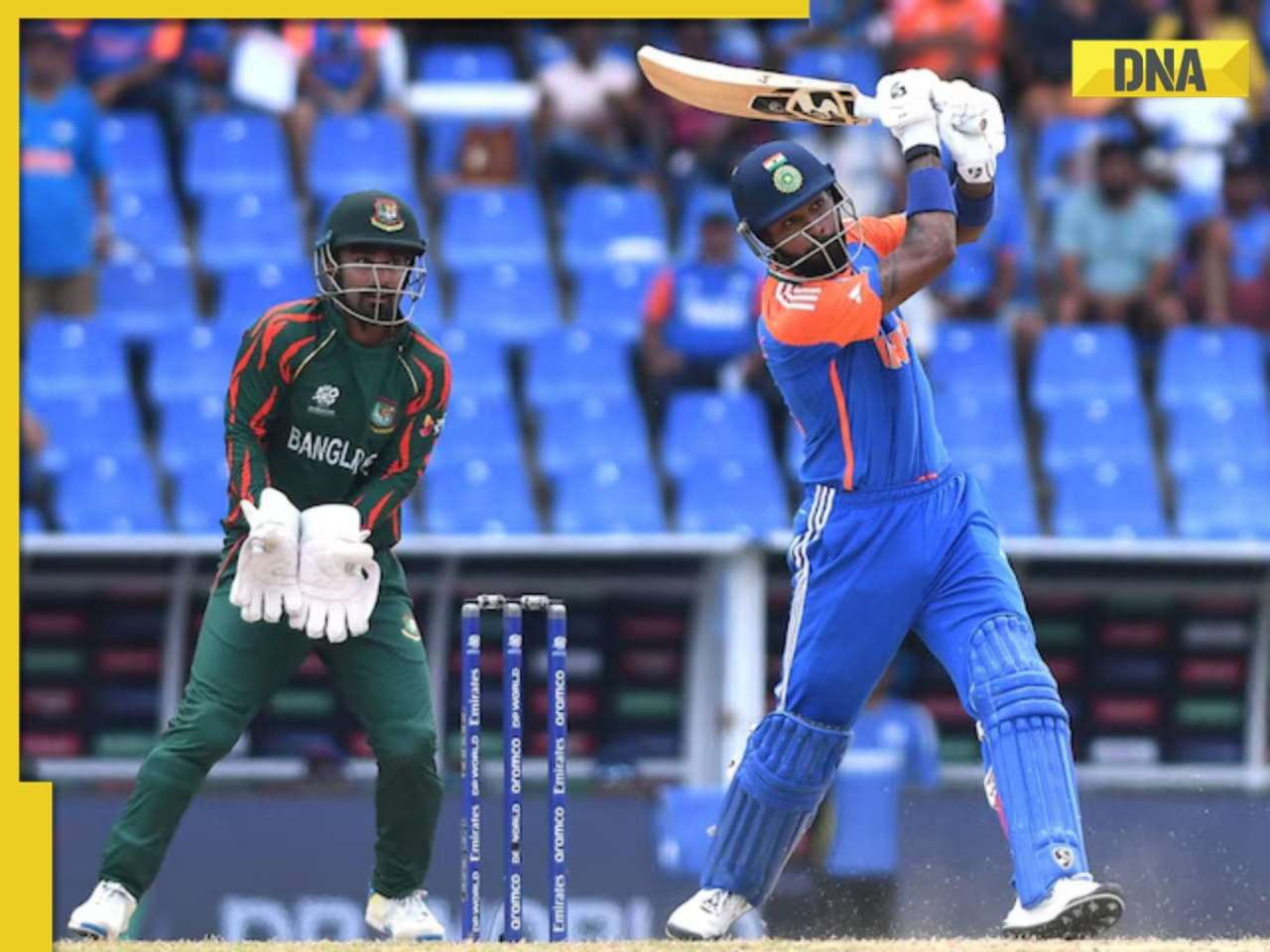

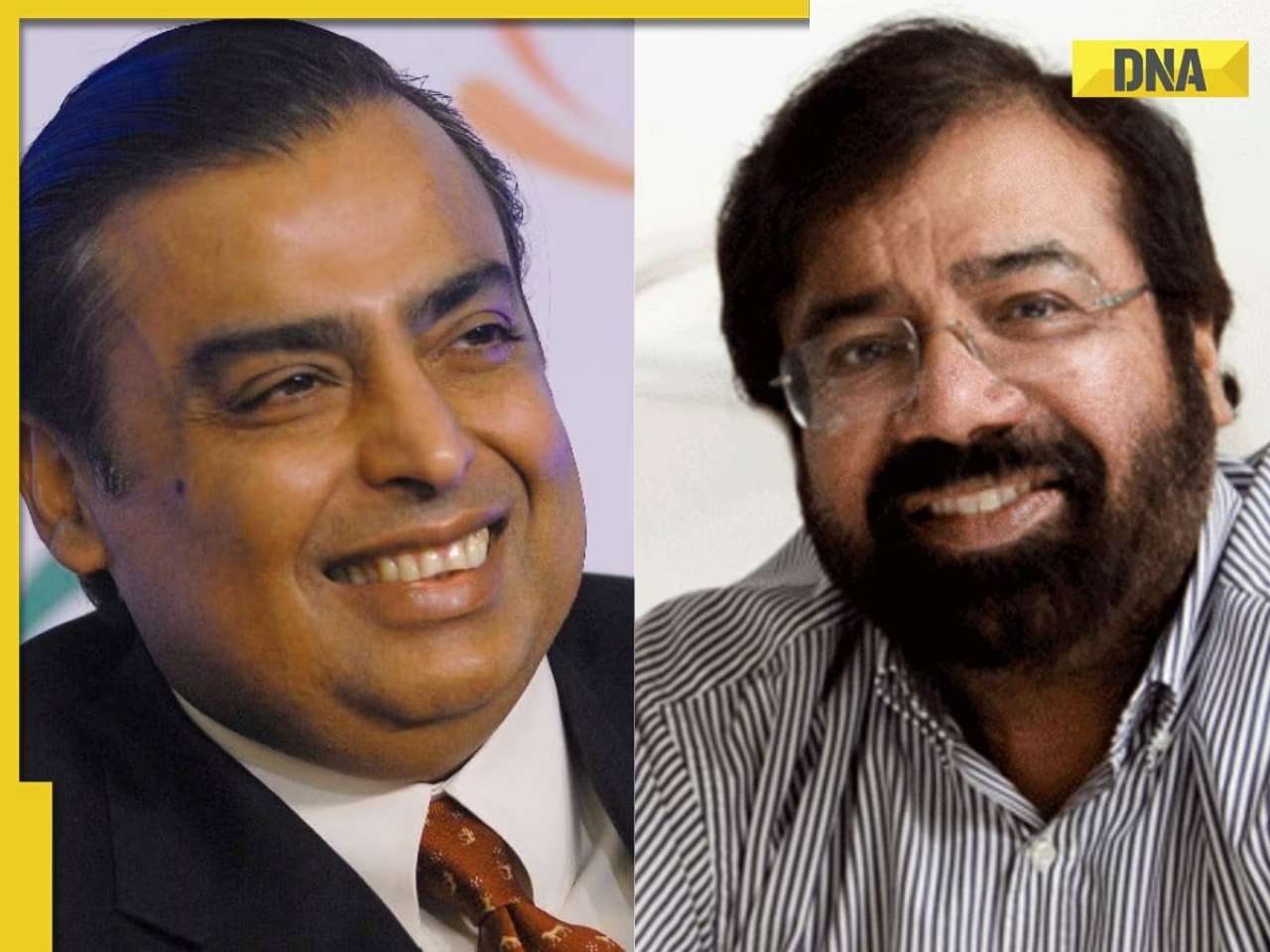
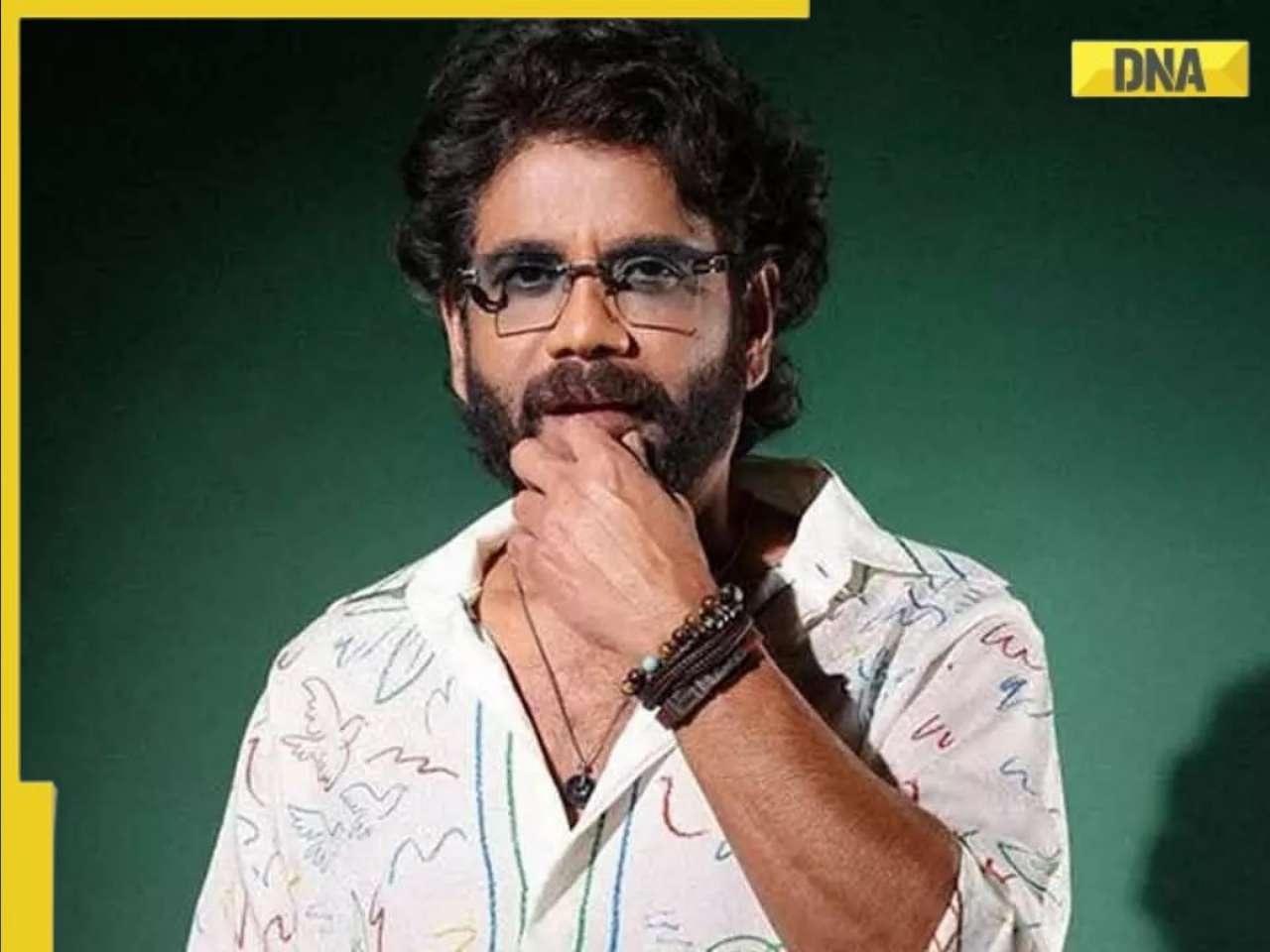










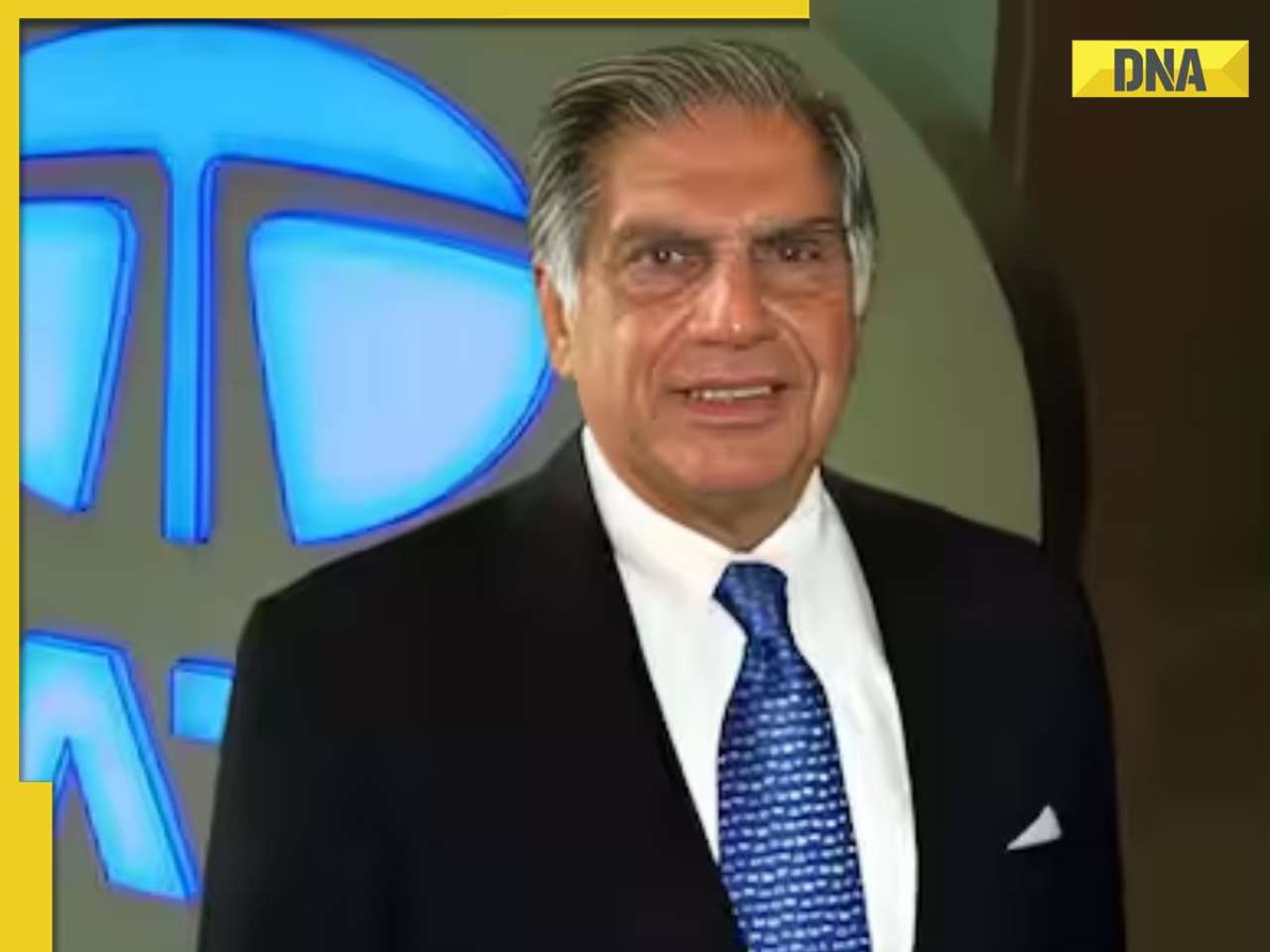





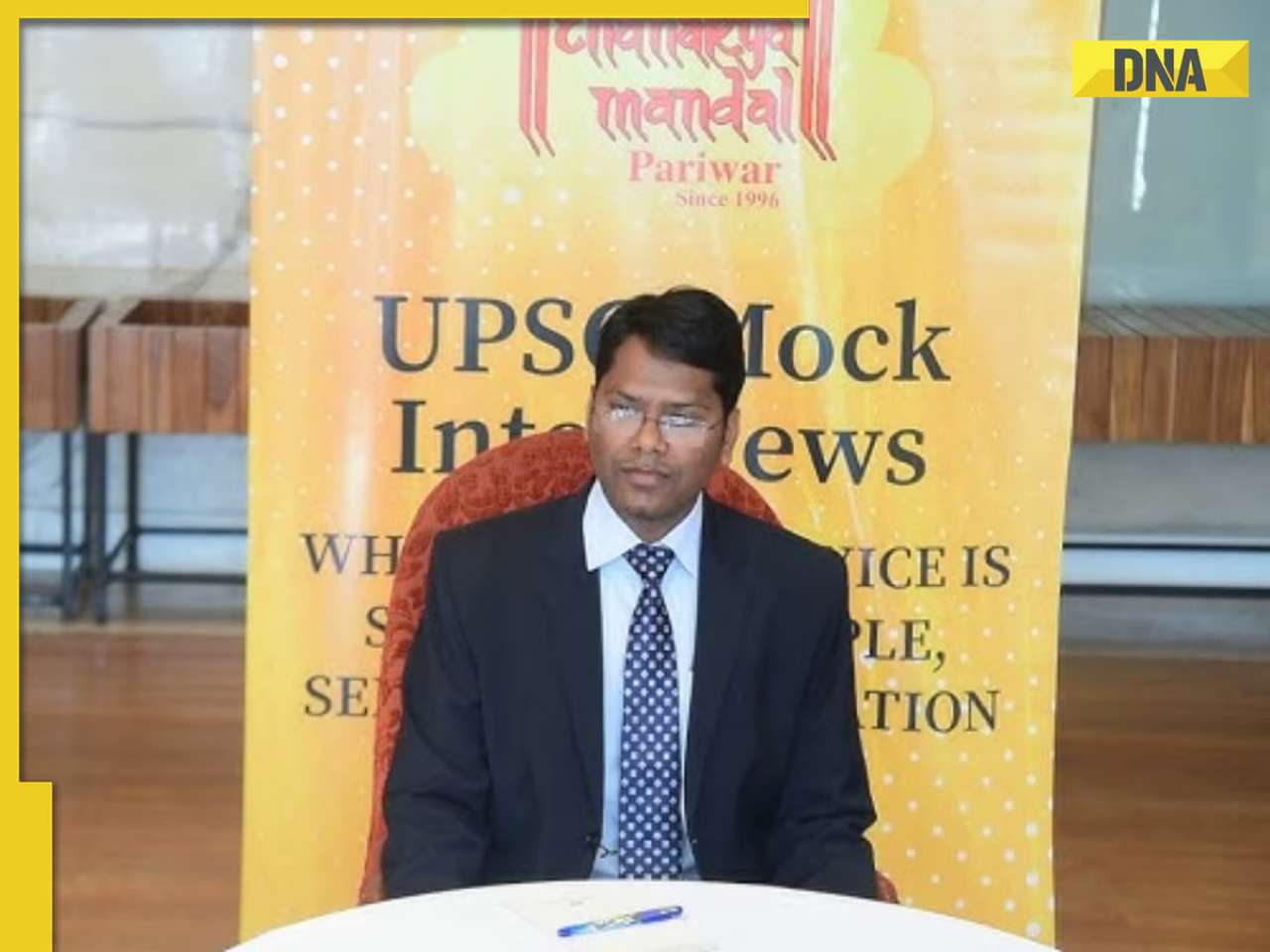
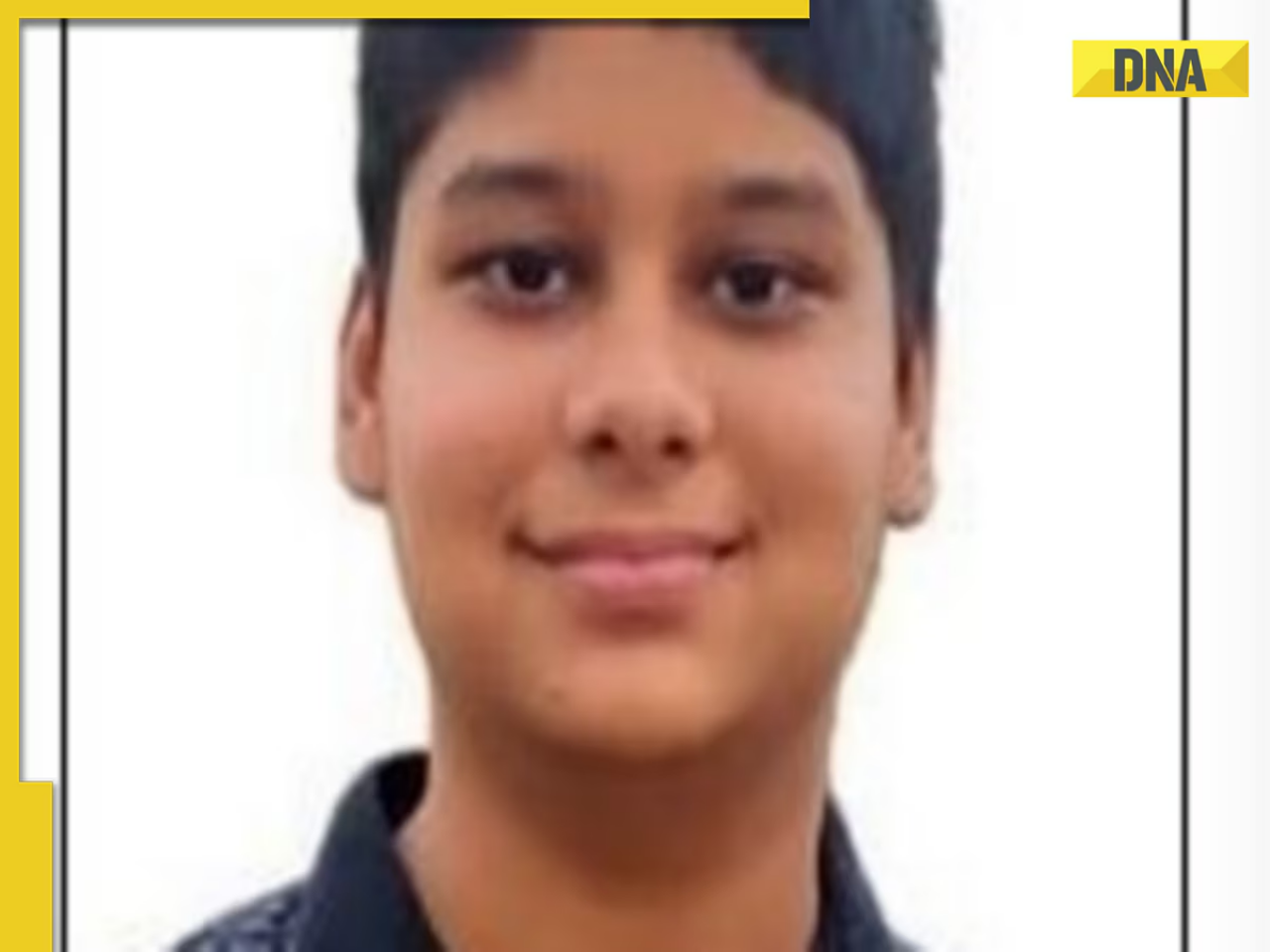
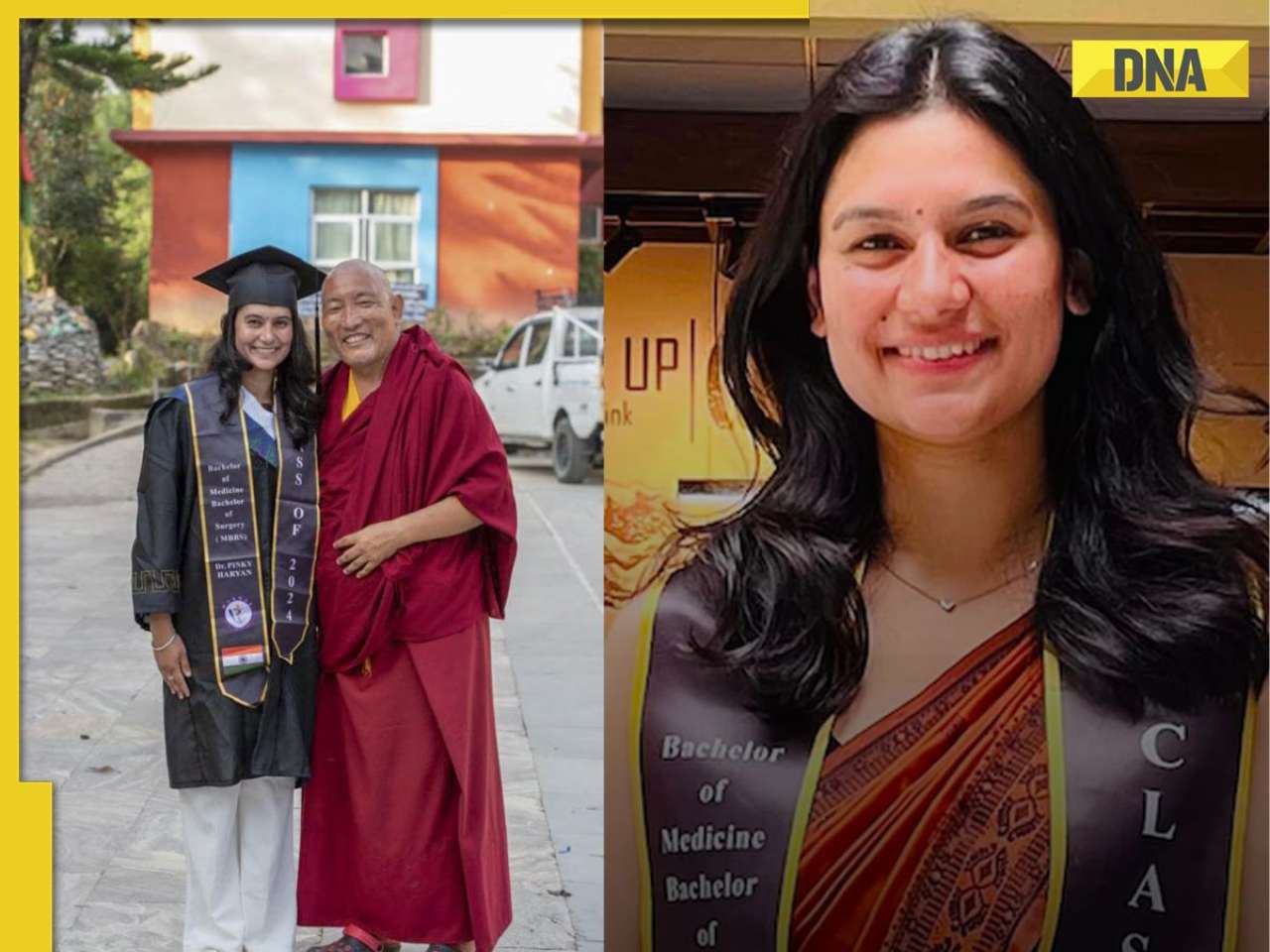
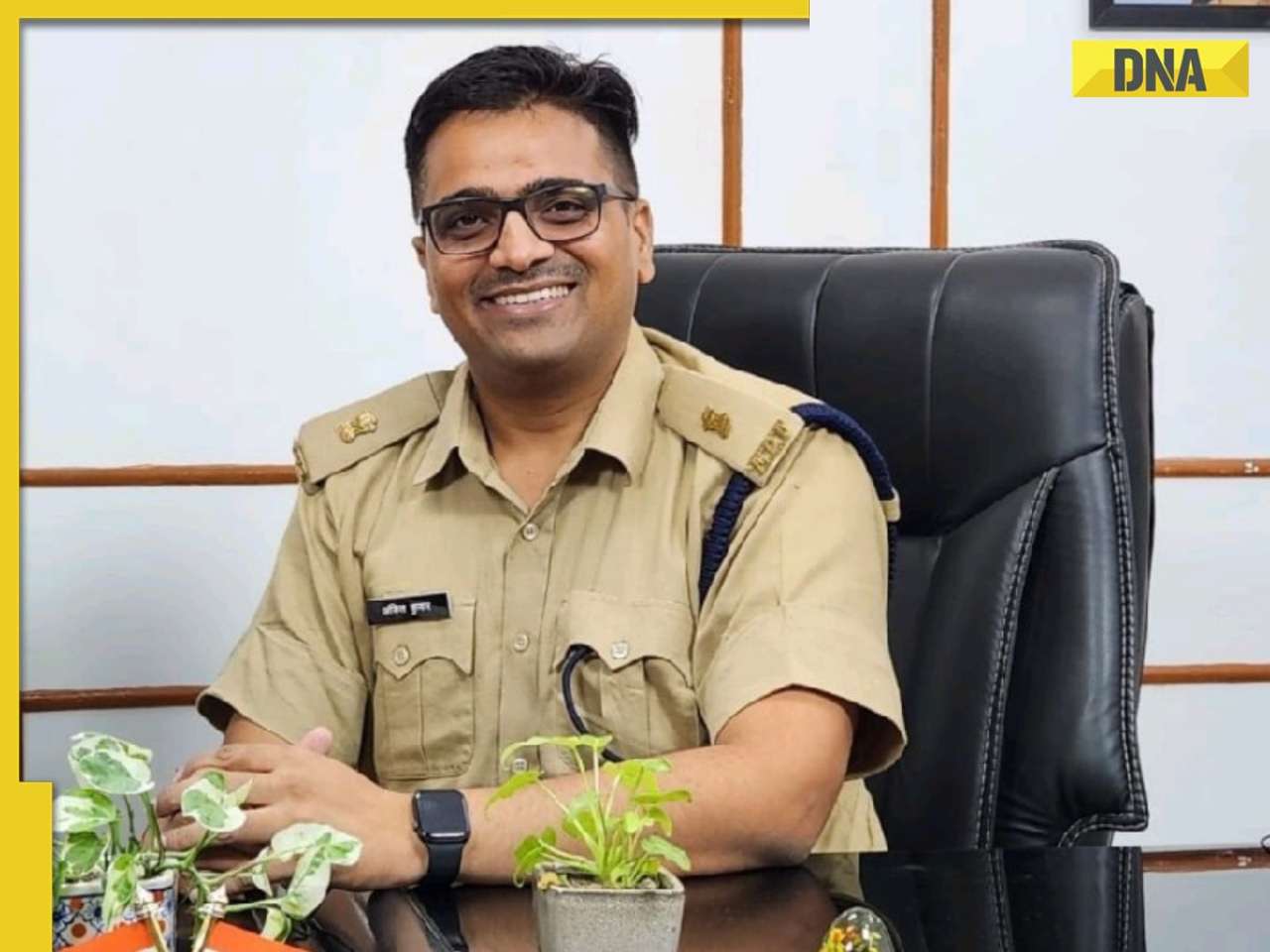

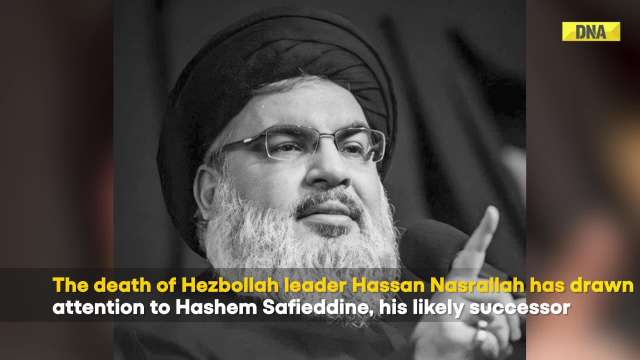
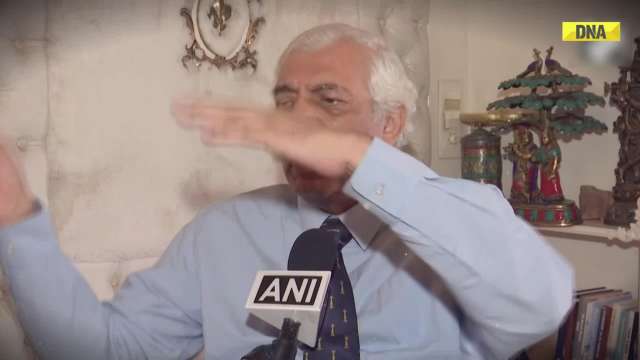
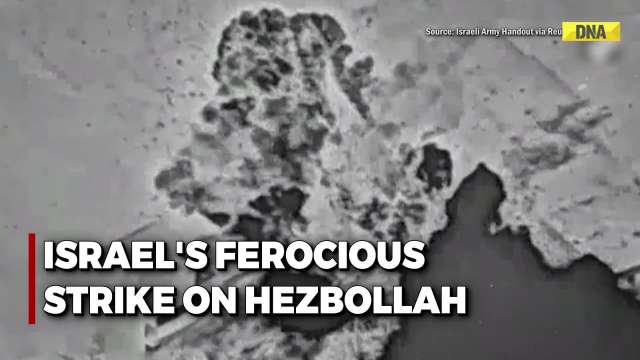
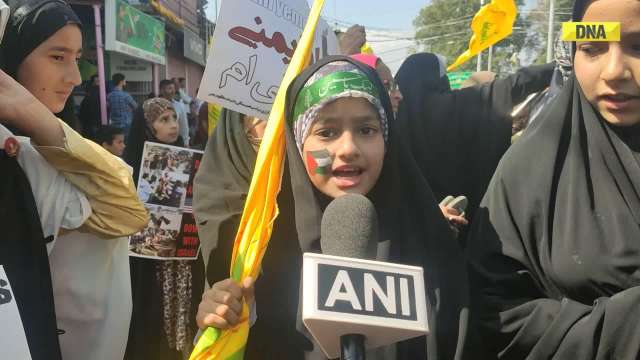
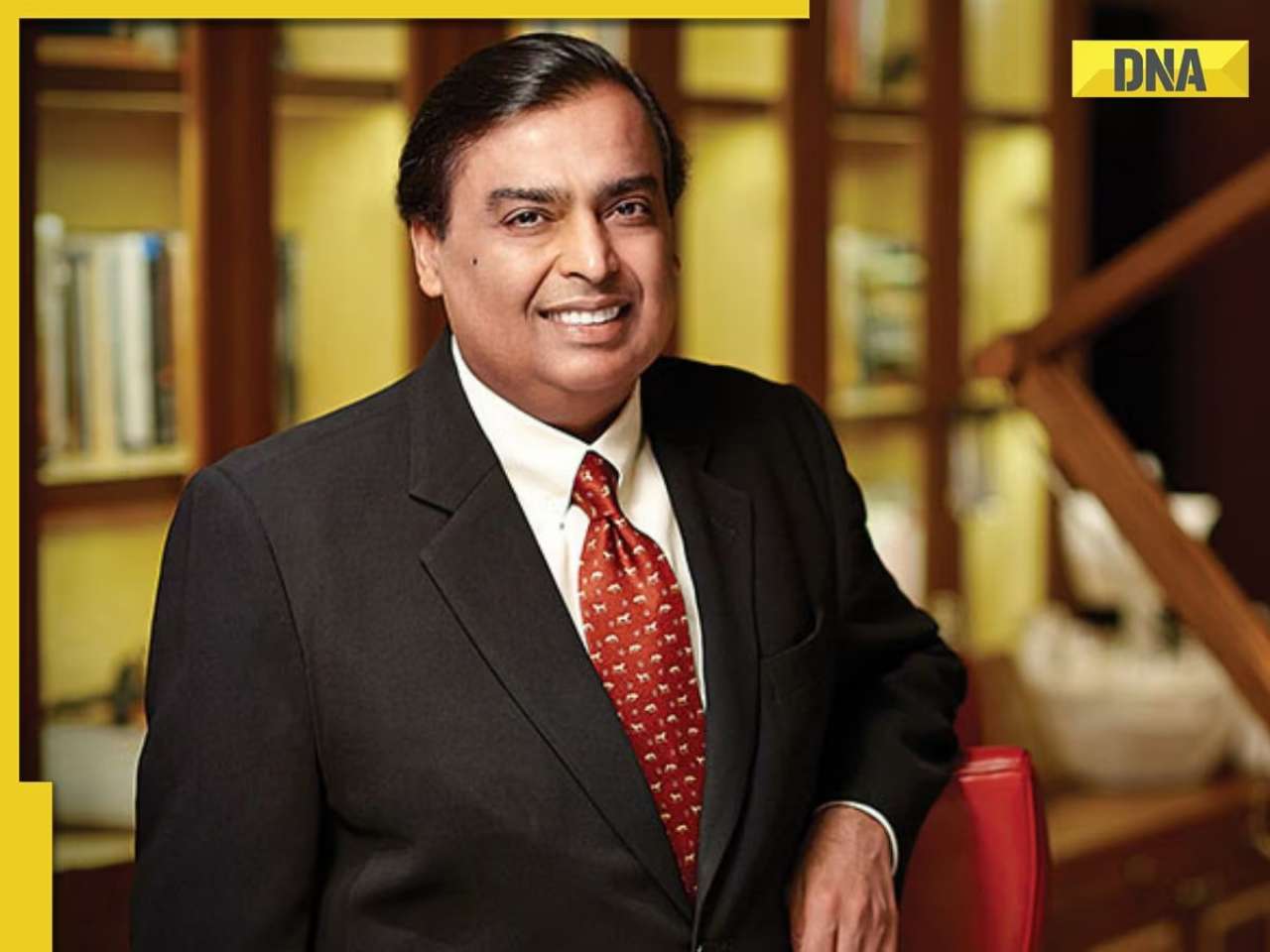
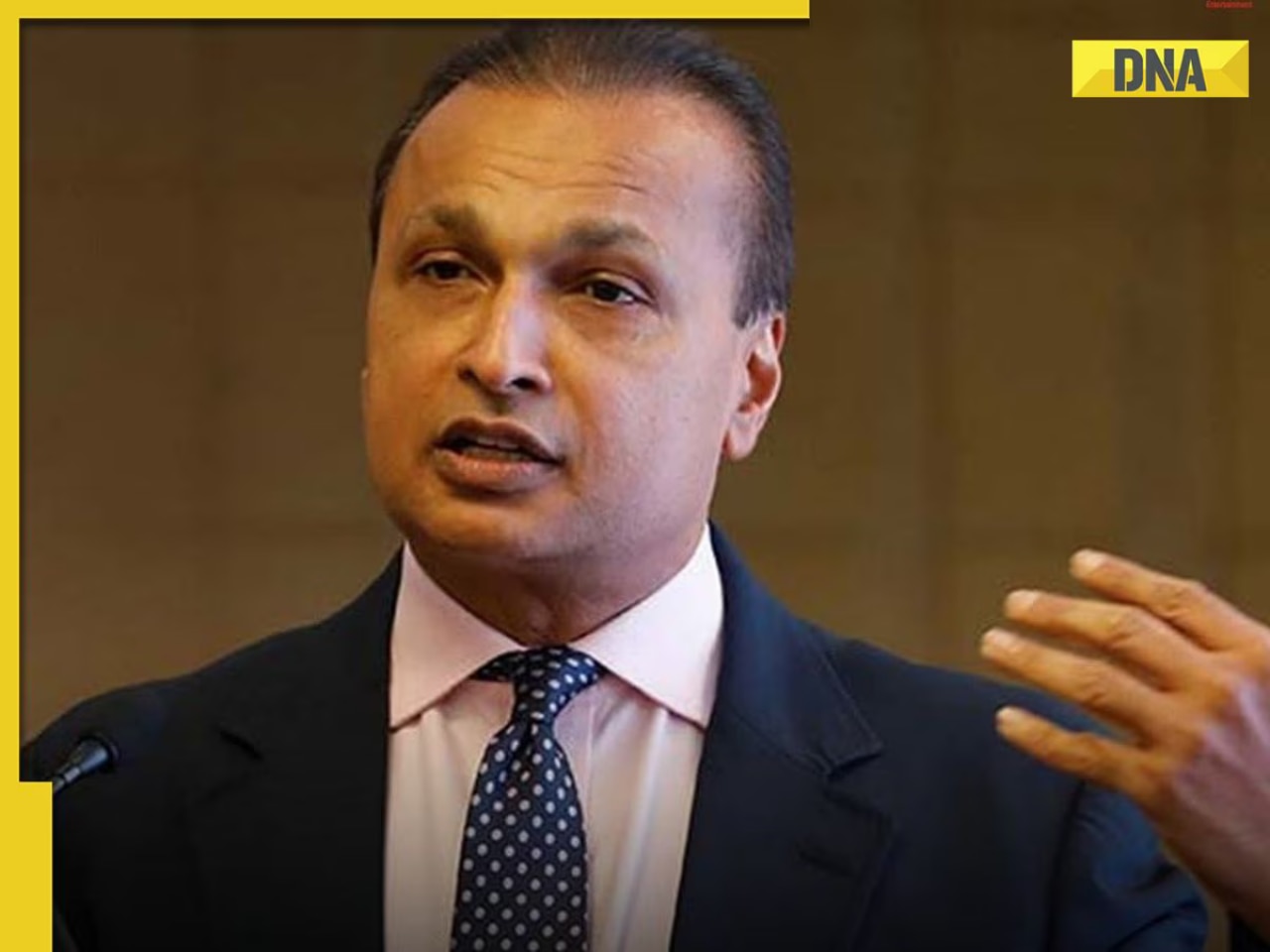
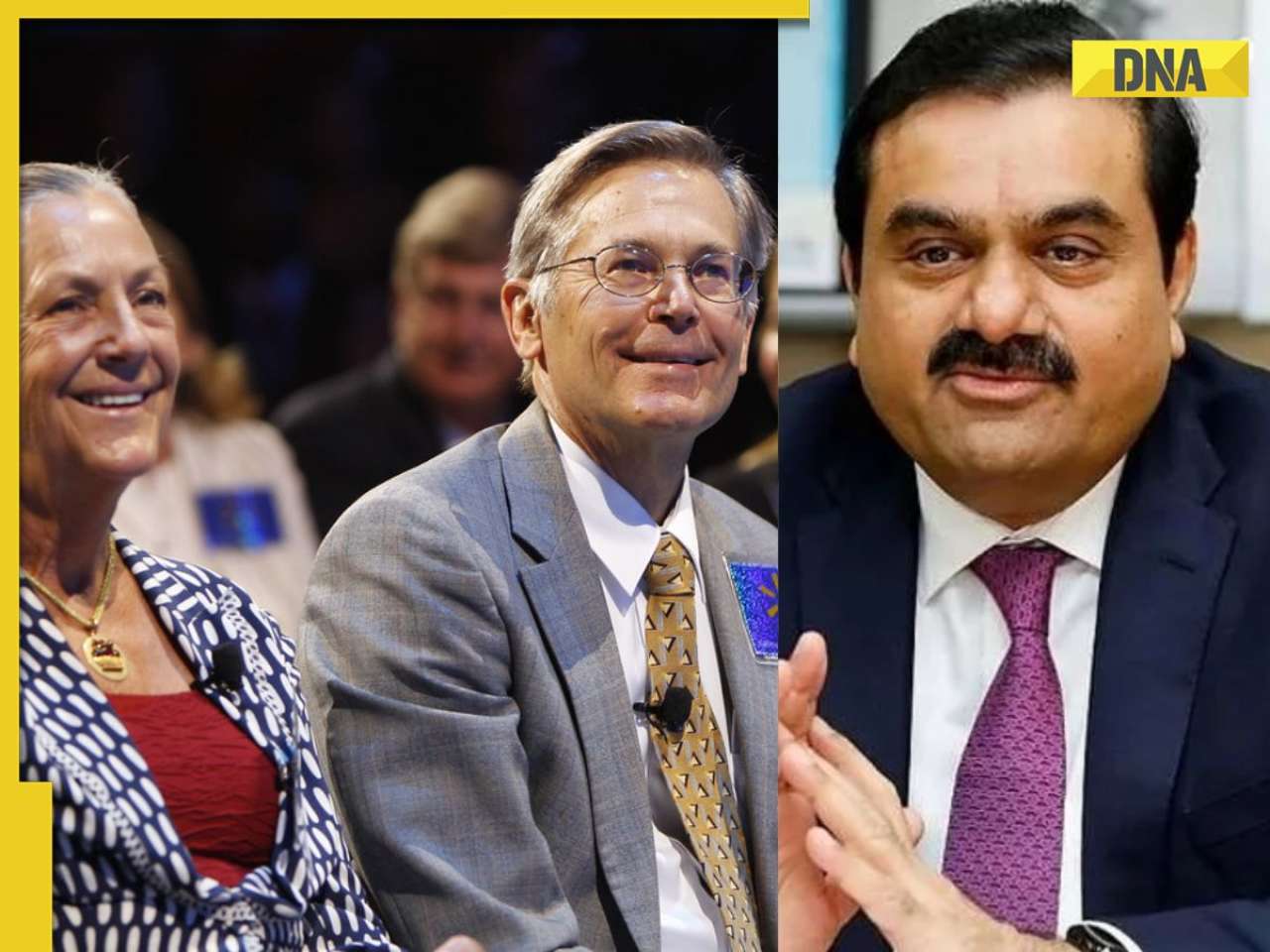

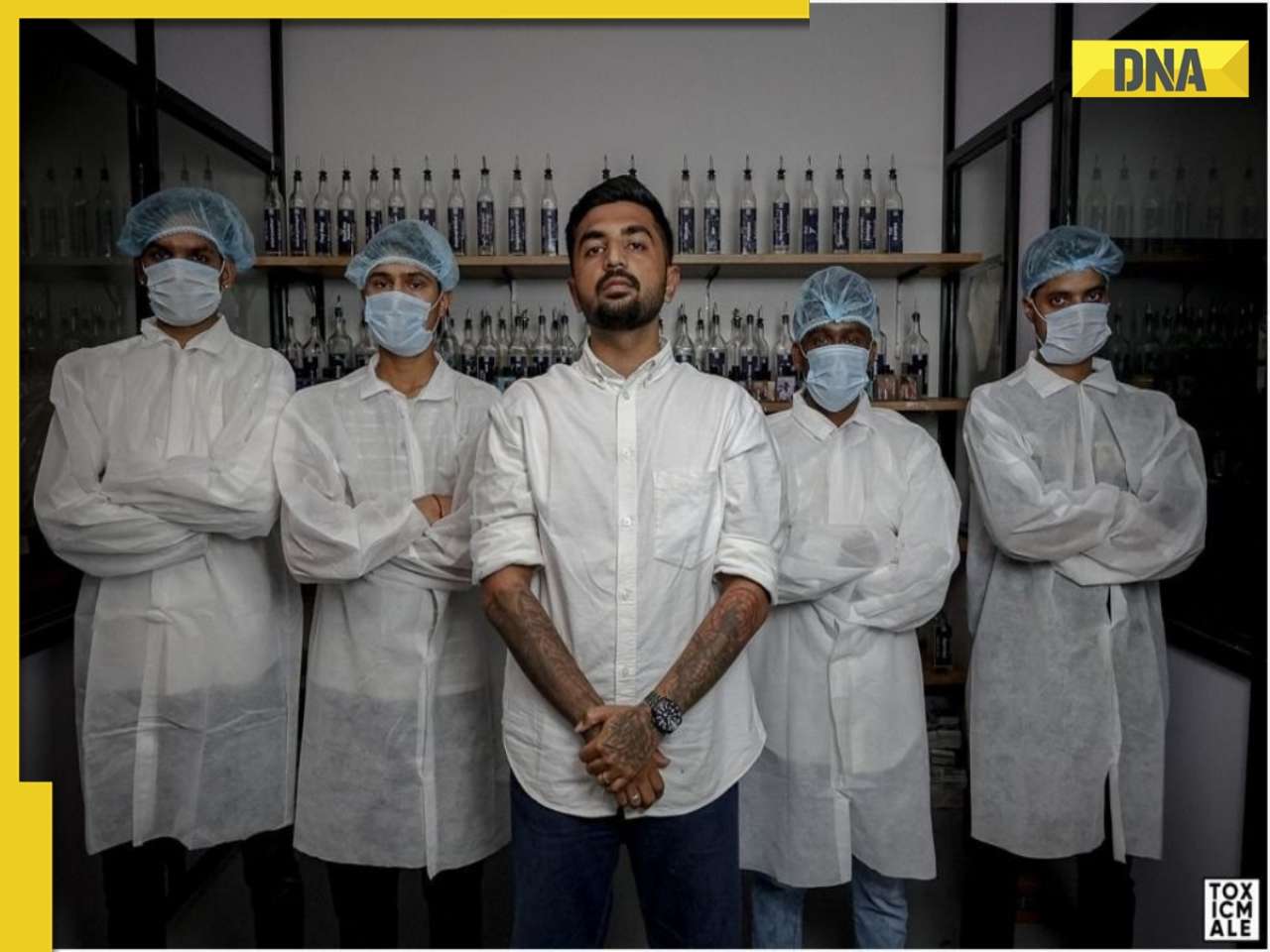

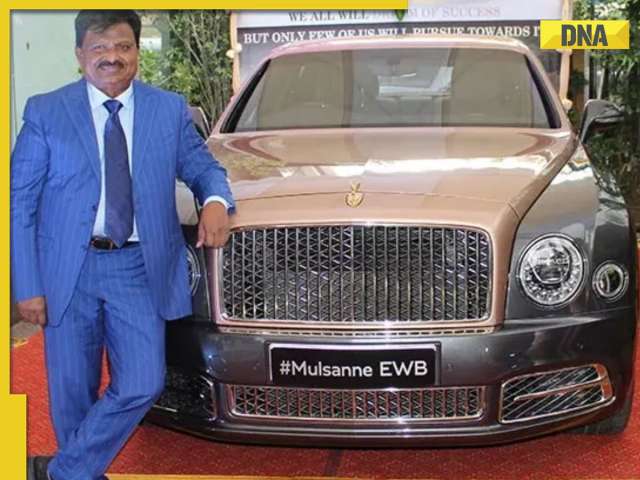
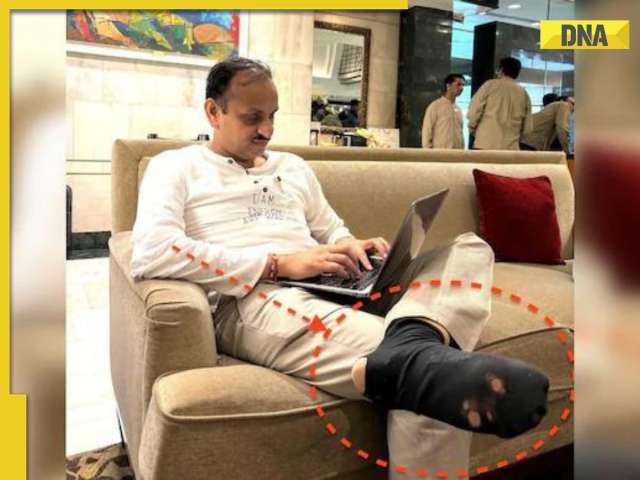
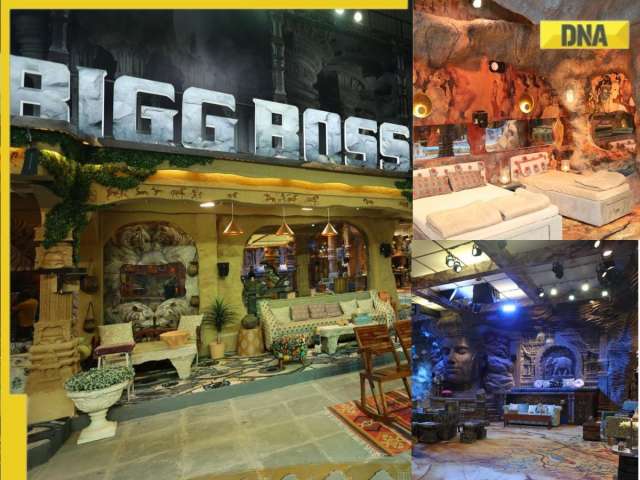

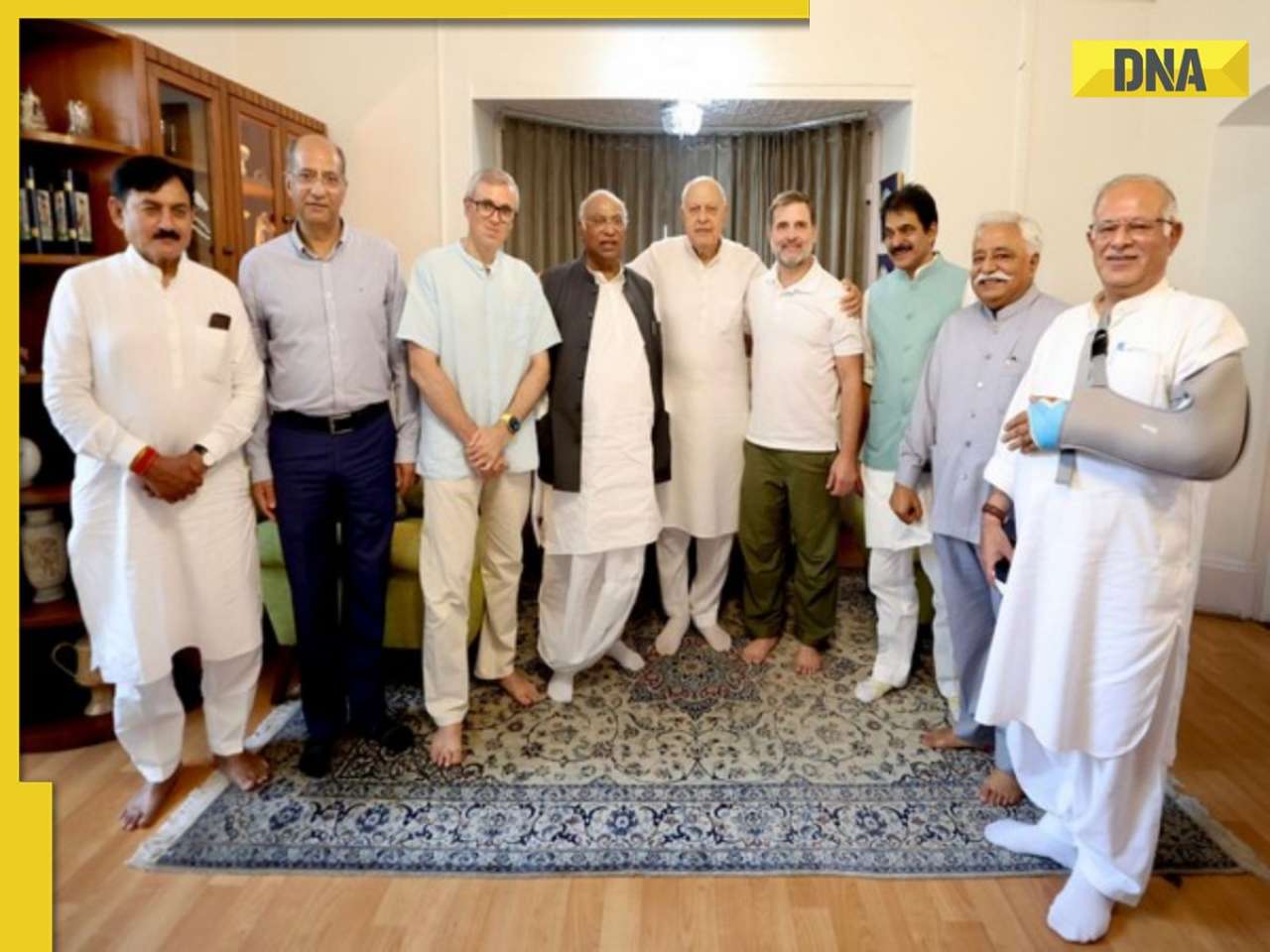
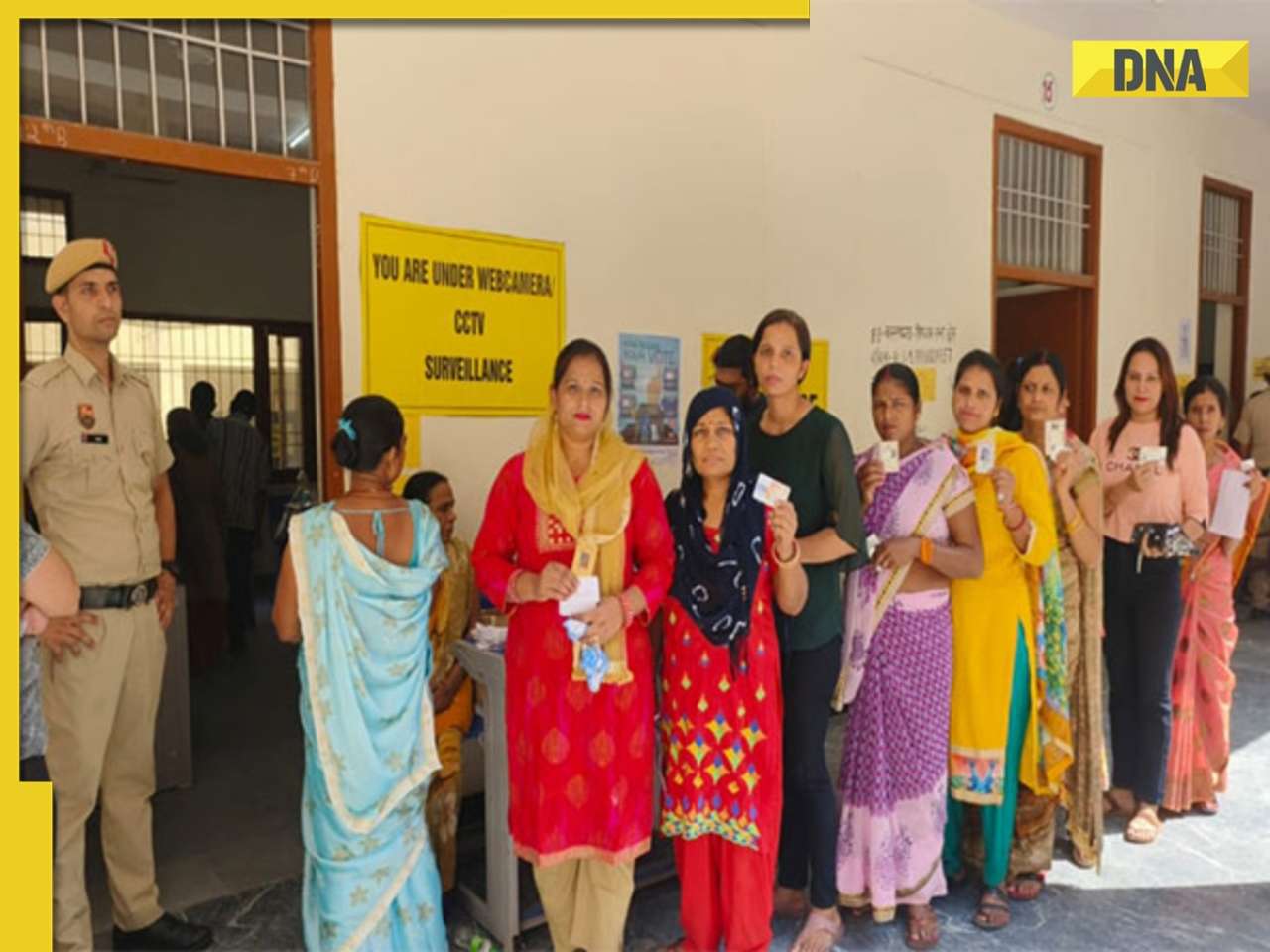
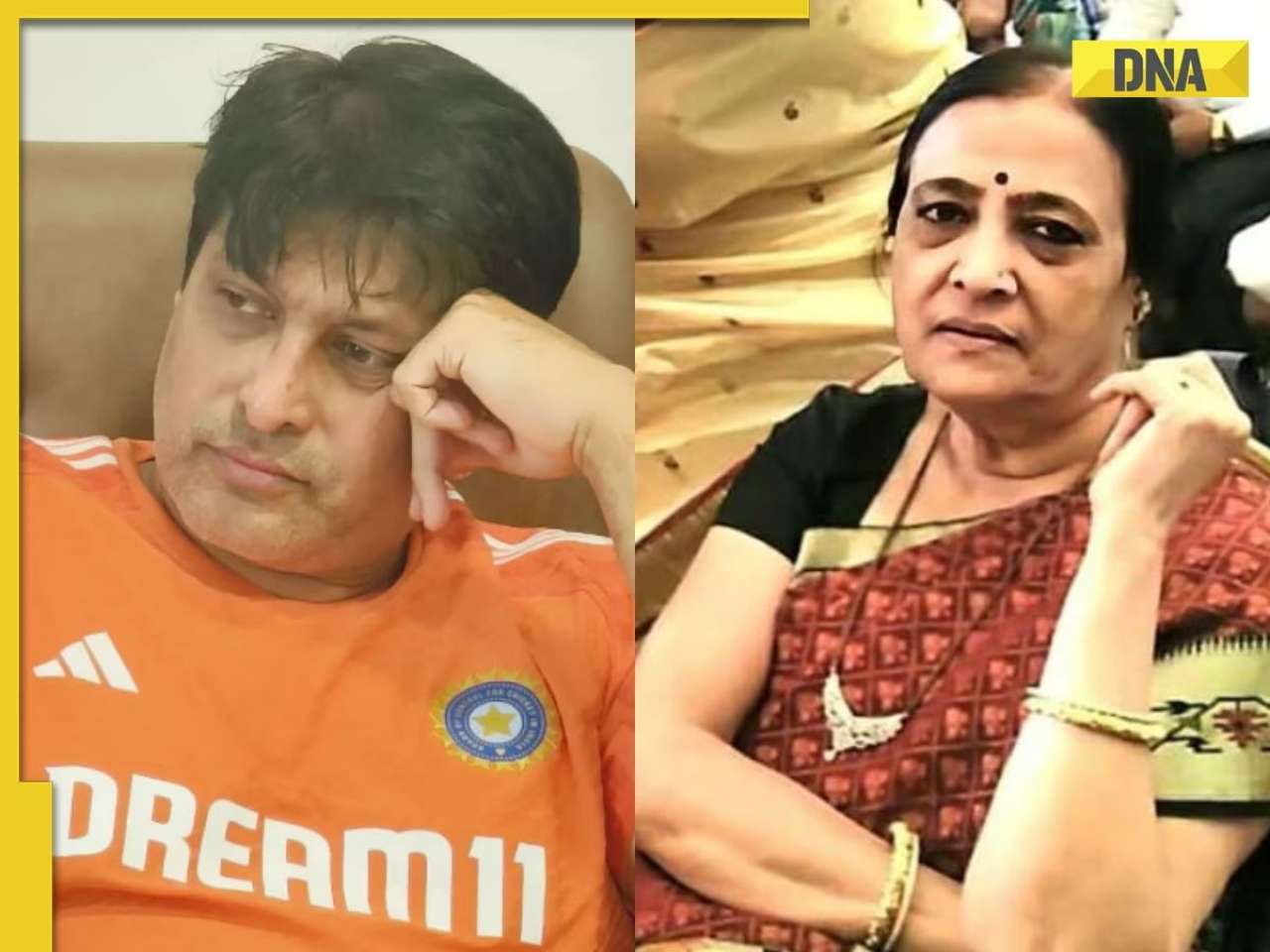
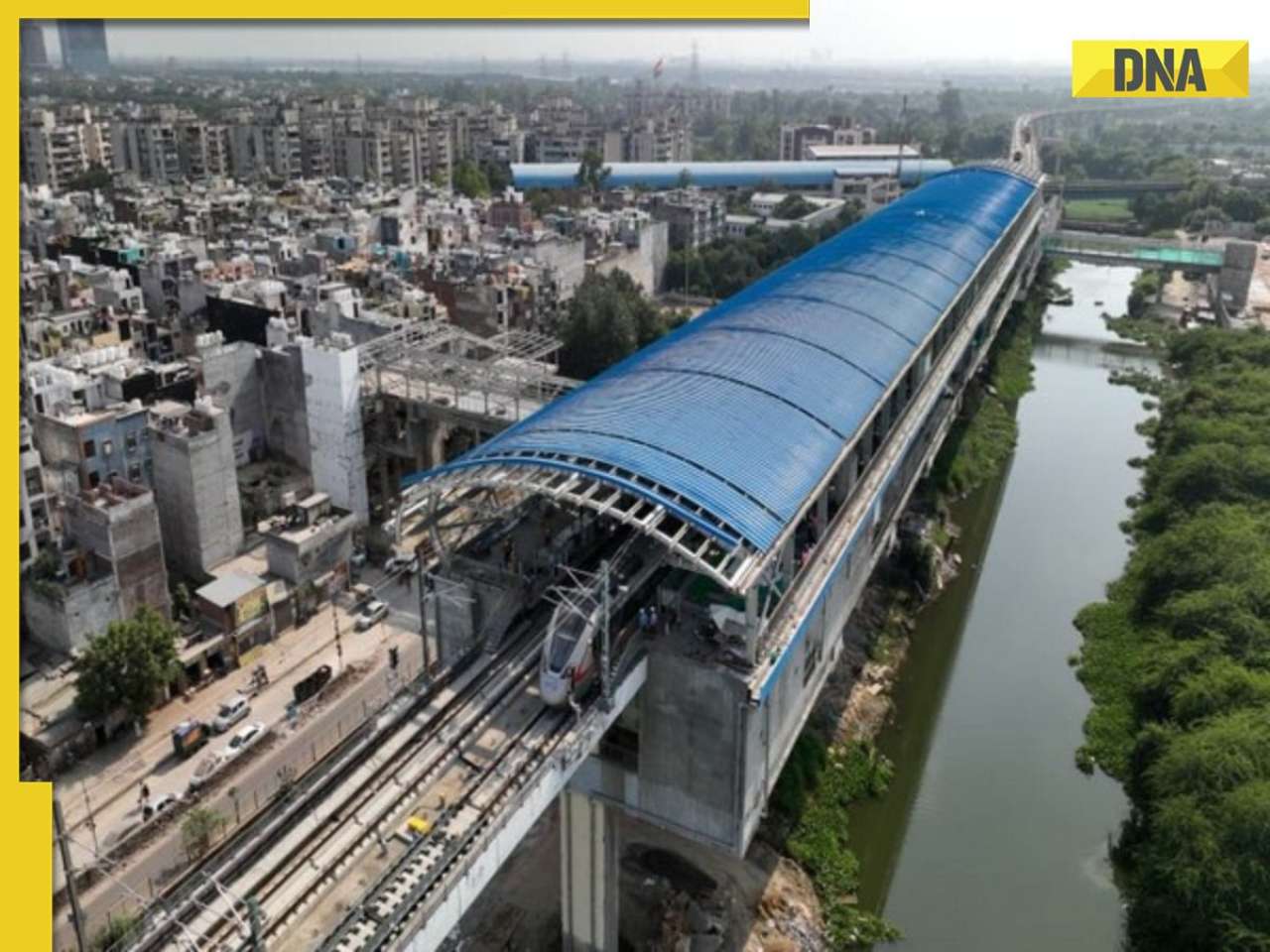
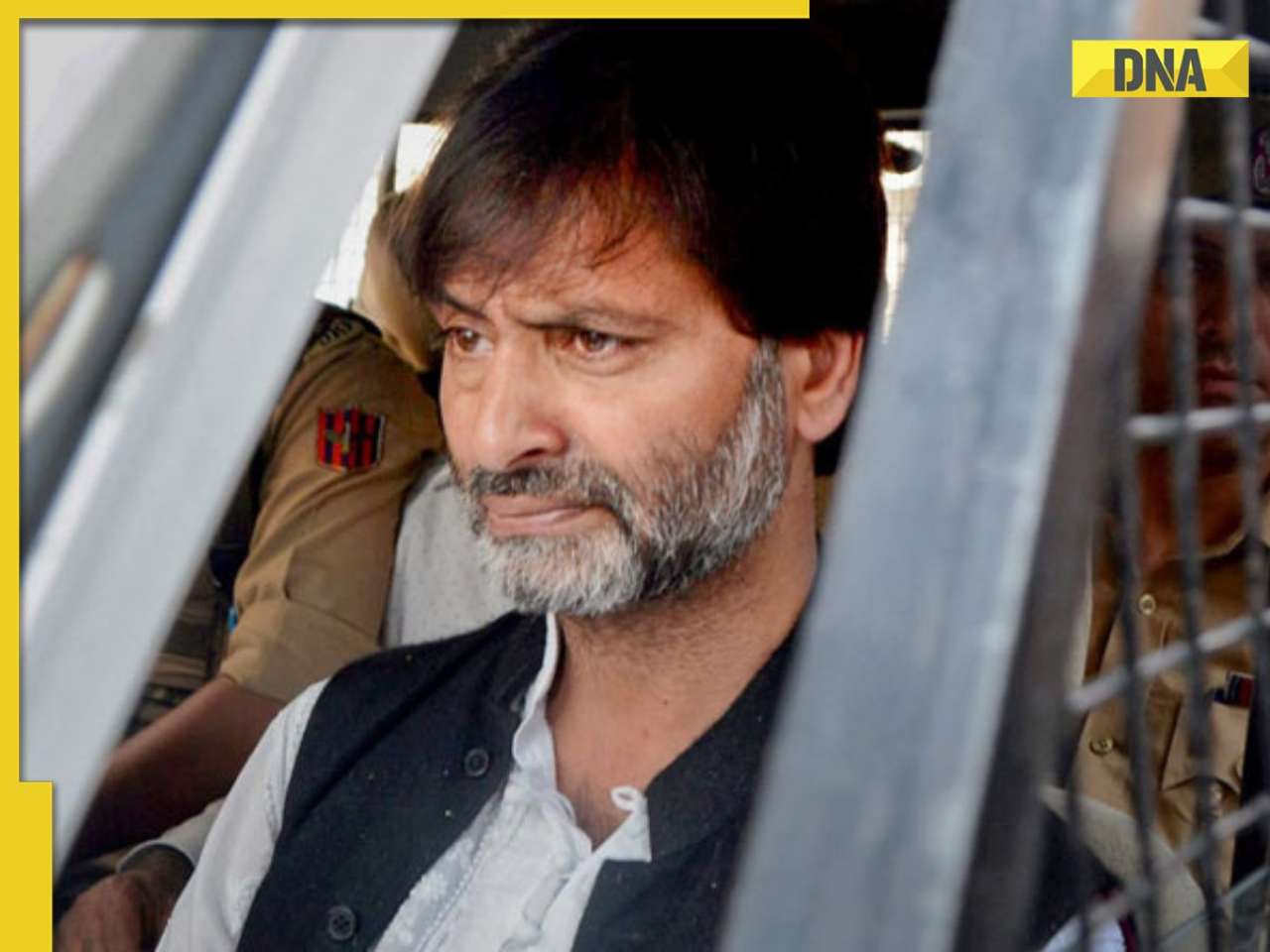

)
)
)
)
)
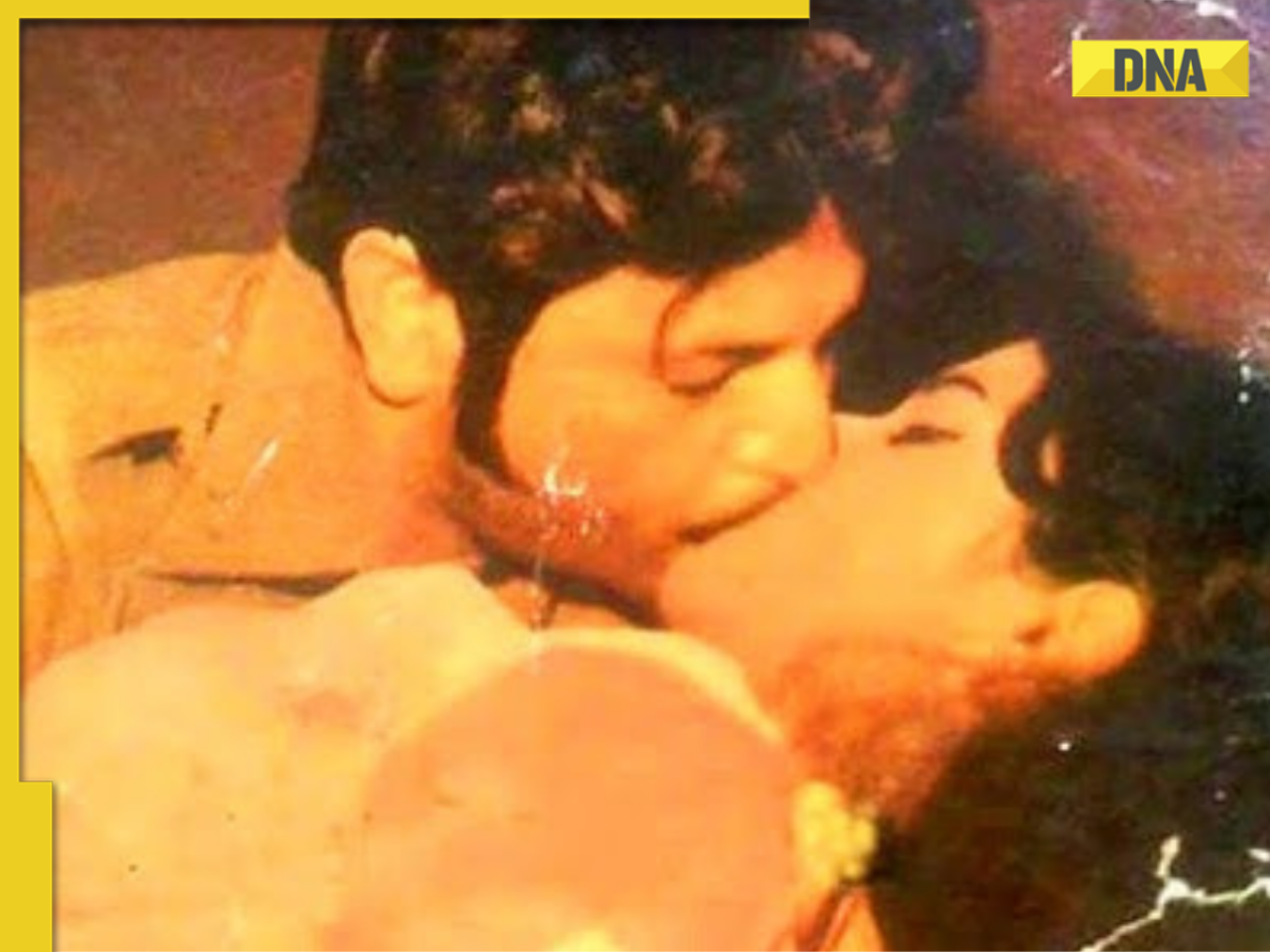)
)
)
)
)
)
)
)
)
)





)
)
)
)
)
)